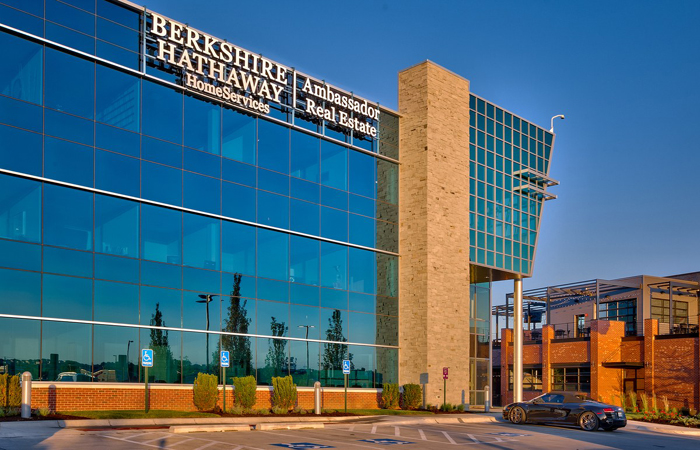Berkshire Hathaway has continued to be one of the most influential companies in the world. It is famous for its enormous portfolio that covers all different industries. Berkshire Hathaway is a giant holding company in insurance, energy, railroads, manufacturing, and consumer goods.
Cash Hoard Soars as Stock Sales Rise
$325.2 billion is the mark that Berkshire Hathaway’s cash reserve has reached. Cash is a byproduct of the company’s decision to reduce holdings in some of its most valuable stocks. For instance, Berkshire sold significant portions of its Apple and Bank of America shares, which have produced capital gains. After selling its stakes, Apple is still Berkshire’s biggest stock holding at about $69.9 billion. This reflects the strategic nature of Buffett’s moves. Other recent deals, where Berkshire sold off shares in Bank of America, have also helped swell the cash pile.
Despite his long tenure holding Apple, Buffett is selling some because the current federal tax, at 21 percent, may rise in the future. During the period, Berkshire sold approximately $36.1 billion of stock, making it a net seller for eight periods in a row.
Also read: Ethiopia’s Government Sells Stake In State-Owned Ethio Telecom
Mixed Financial Results
While Berkshire Hathaway’s cash reserves are booming, the company said its quarterly operating profit slipped 6%. This was largely because liabilities rose in its insurance division due to expenses associated with Hurricane Helene and a strengthening U.S. dollar. The hurricane greatly increased underwriting liabilities, putting more financial burden on Berkshire’s insurance business. However, Berkshire Hathaway Energy and BNSF Railway did better, cushioning some of the downward momentum in profit. BNSF disclosed higher shipments of consumer goods. Operating costs, however, declined at Berkshire Hathaway Energy.
The insurance group has mixed performance, including loss because of the hurricane and very strong results from Geico, accident claims, and expenses in a declining pattern. Despite all those adverse factors, Berkshire has had a net income of $26.25 billion as opposed to its loss for last year. Still, net income is extremely volatile based on accounting rules that demand recognition of unrealized gains and losses of Berkshire; indeed, Buffett is known to instruct investors to take this away from them and look directly at the underlying operating performance of Berkshire.
Berkshire Hathaway’s diverse portfolio and heritage
Berkshire Hathaway was established in Omaha, Nebraska. This is more than an investment company. It has Berkshire Hathaway Energy, BNSF Railway, Dairy Queen, and Fruit of the Loom under its different holdings. This diversified holding portfolio gives Berkshire a basis to ride out economic turns and market fluctuations. Its manufacturing, real estate, and retail sectors are especially stable even when the entire economy is in trouble.
Succession Planning and Future Directions
Berkshire has started to look ahead since Buffett reached 94 years old. To date, Greg Abel has been appointed as Vice Chairman and considered the successor as he holds the same line of the value-based investing style implemented by Buffett. Under that direction, Berkshire will grow in the long term led by Abel in prudent financial discipline.
The End
Berkshire Hathaway’s performance, of late, in terms of finance has been expressing a prudent approach toward such market volatilities. Through an increase in cash deposits and the adjustments it makes in its respective investment portfolios, Berkshire tends to keep itself buoyant in economic fluctuations. Holdings of various types, maintaining a strong cash position, as well as the long-term vision of Buffett, the CEO of Berkshire Hathaway, give an impression of the current relevance and continuing influence in the financial universe. It is concerned with steady, sustainable growth and continues on the way to being that model of stability and keen foresight.





